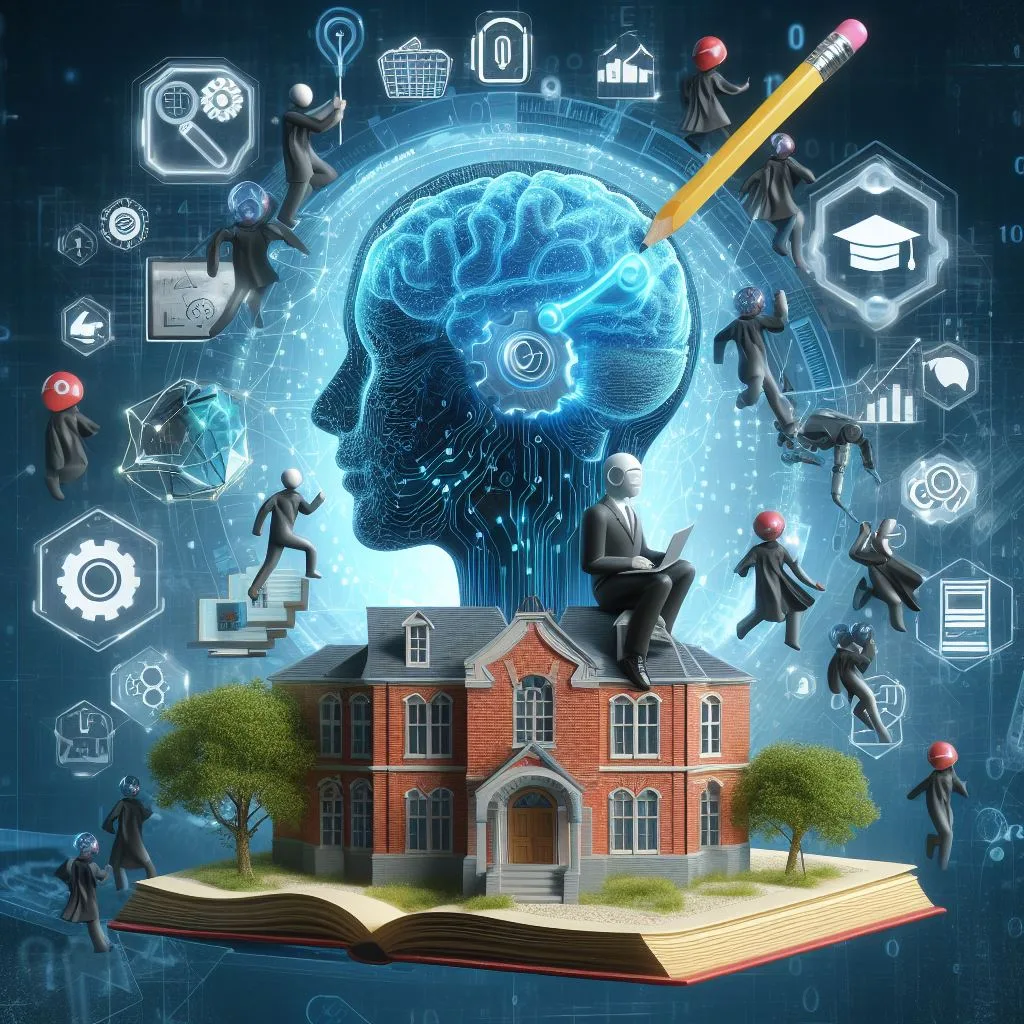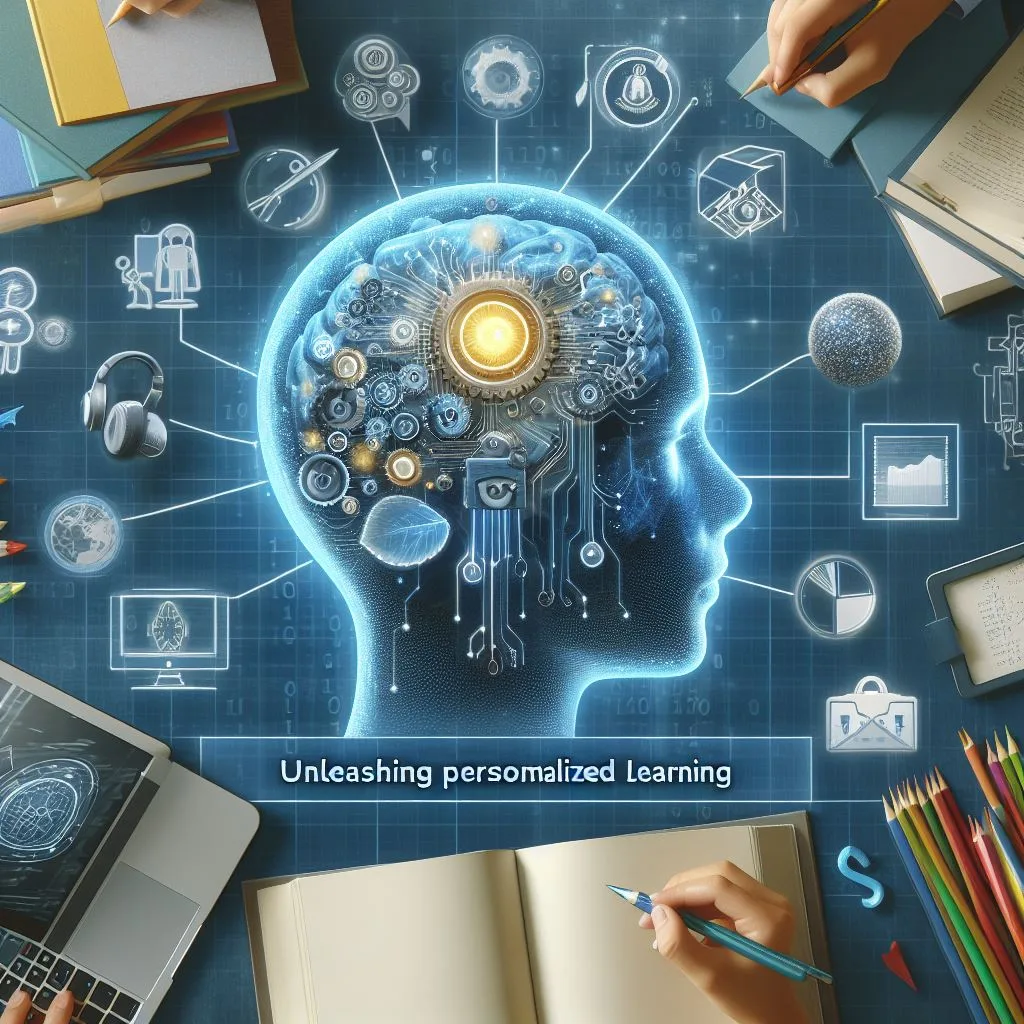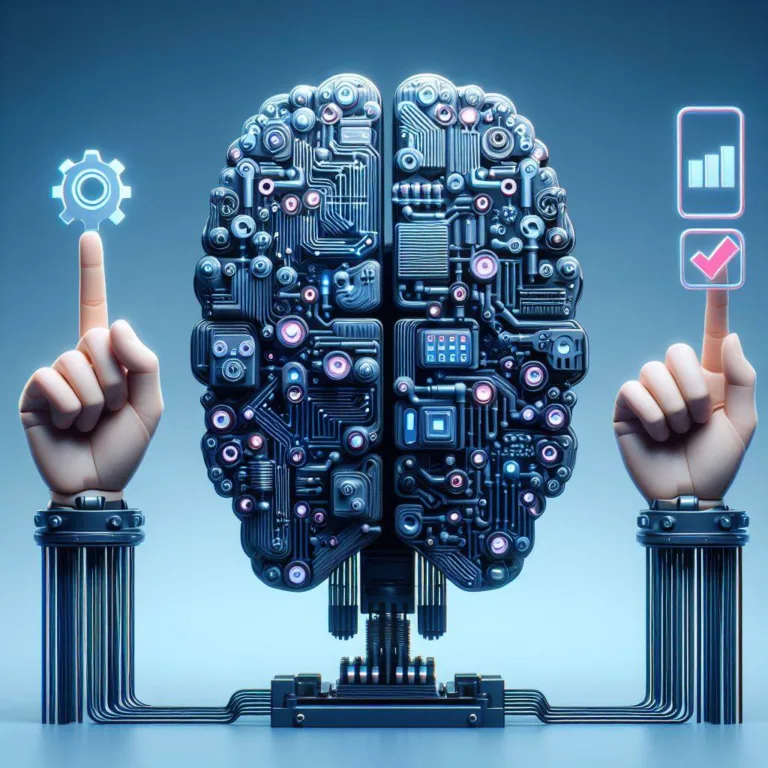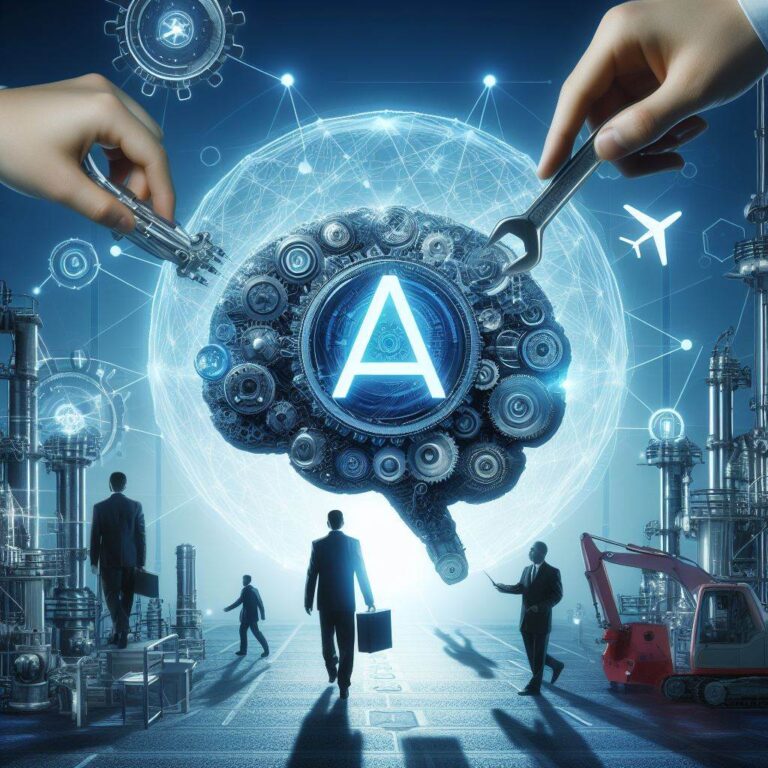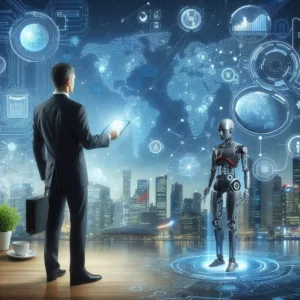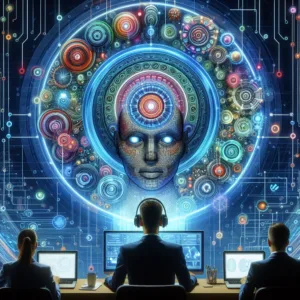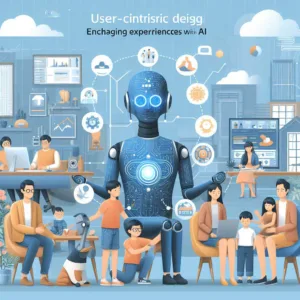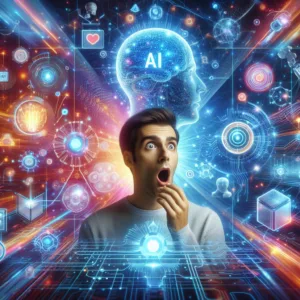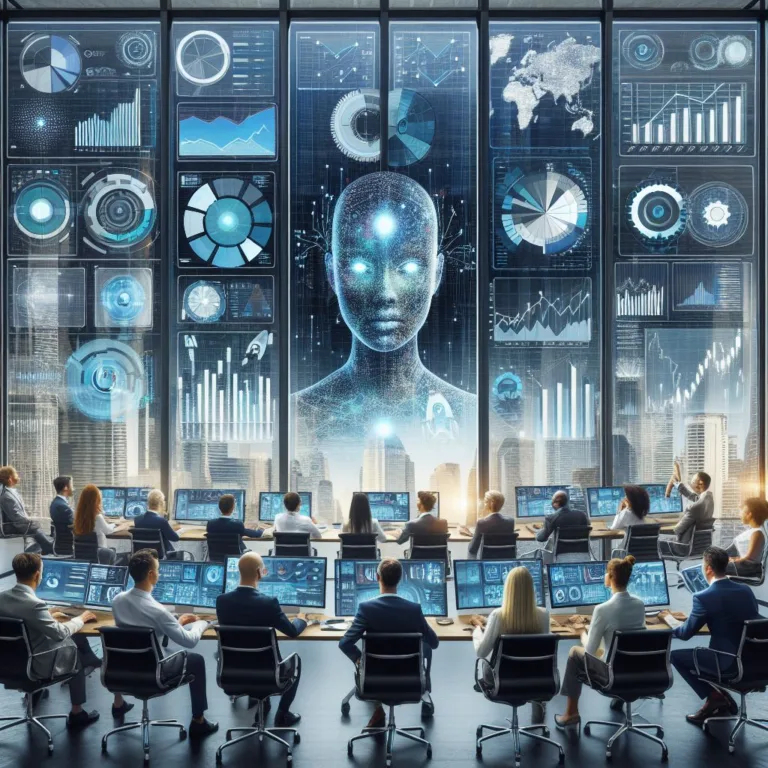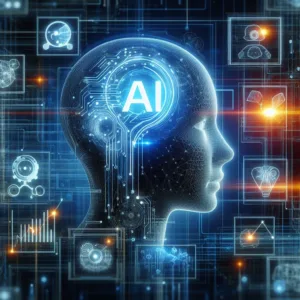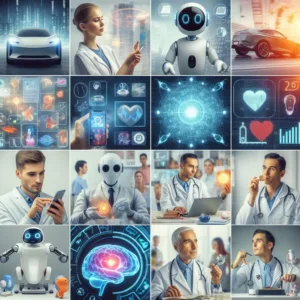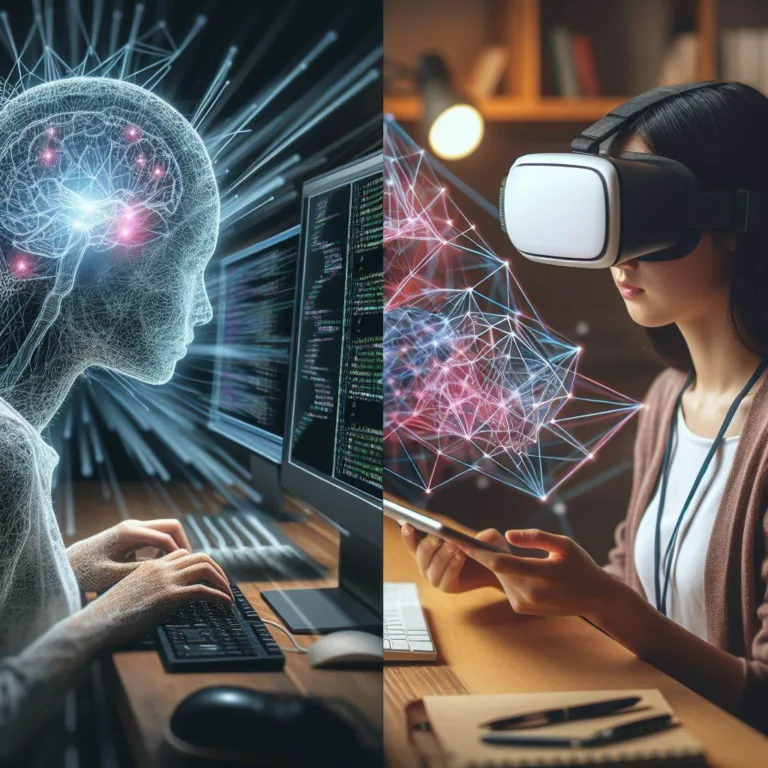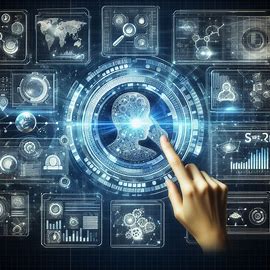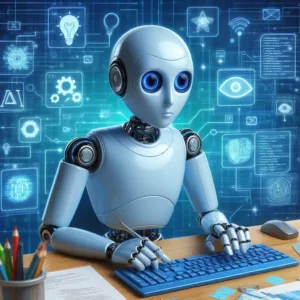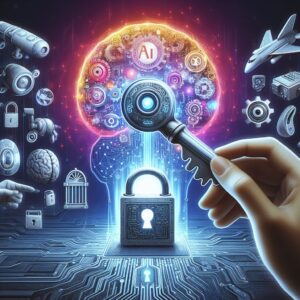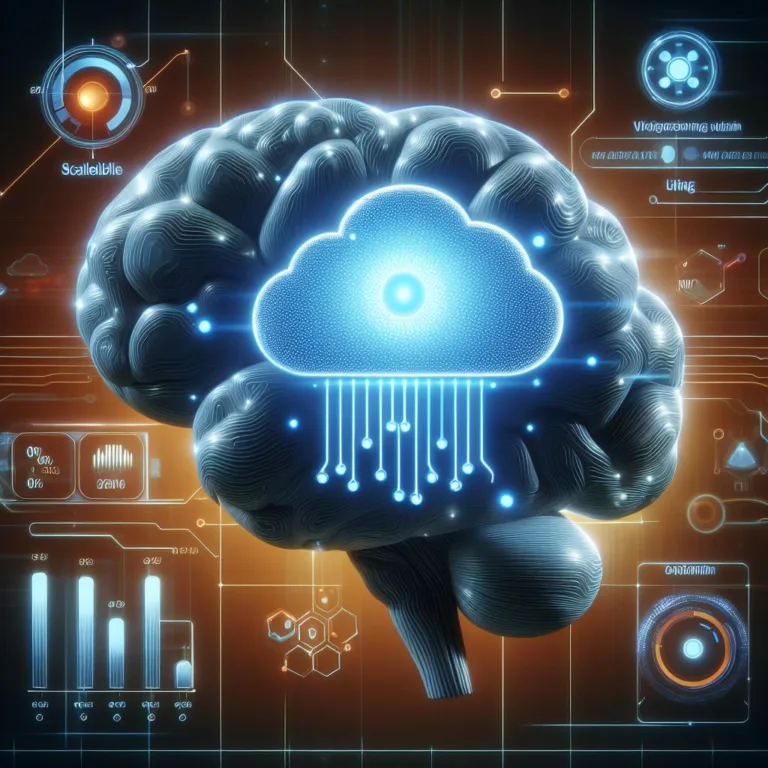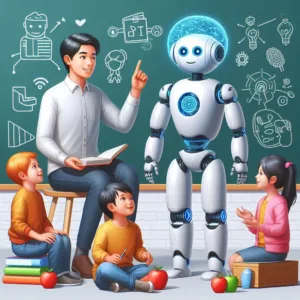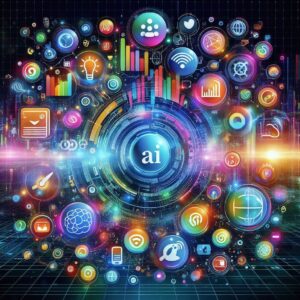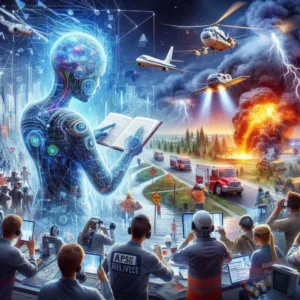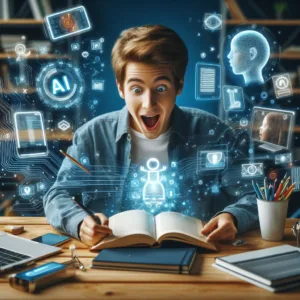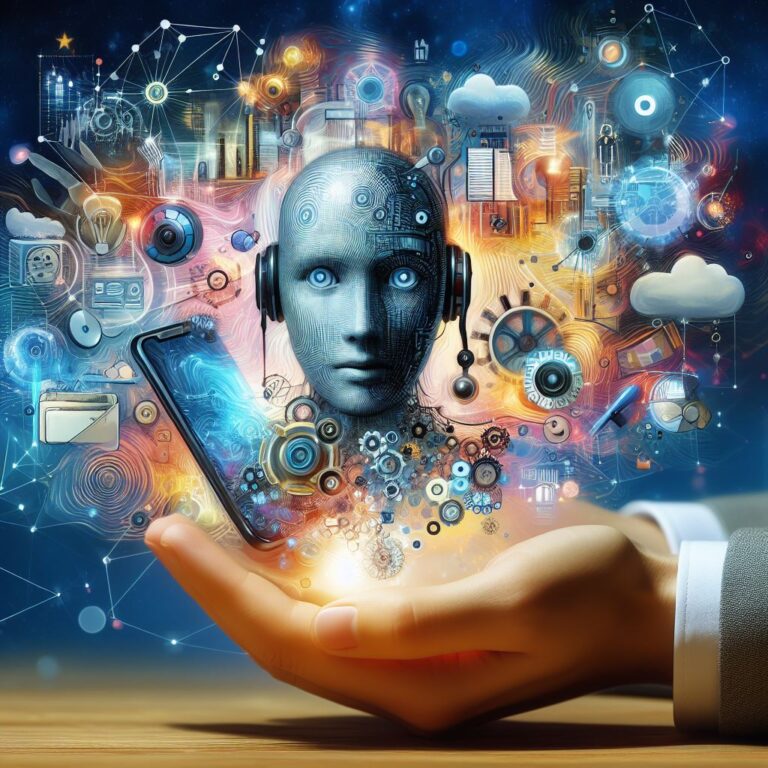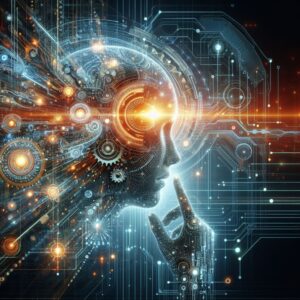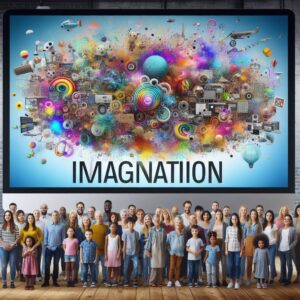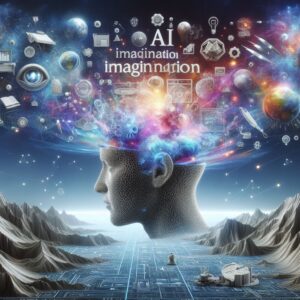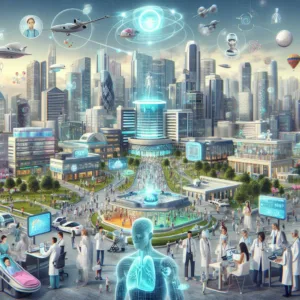Table of Contents
Toggle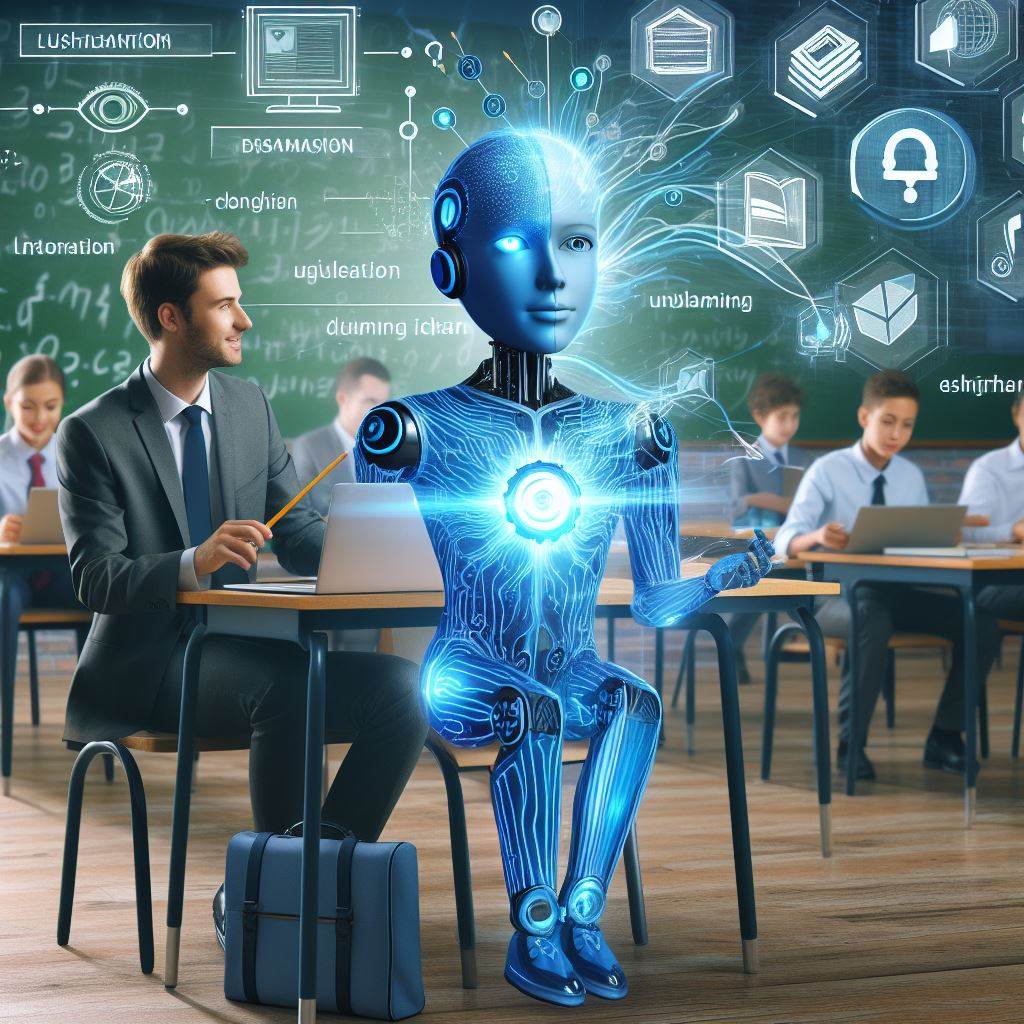 In today’s ever-changing educational landscape, the integration of Artificial Intelligence (AI) is not just an additional detail to be concerned about, but rather a profound transformation in how we teach and learn. As AI becomes more prevalent in our classrooms and curriculum, educators are finding themselves at the forefront of a revolution in educational methodologies and student engagement. This comprehensive guide invites you to explore the dynamic collaboration between AI and education, revealing how it personalizes learning experiences for individual students and reshapes the educational journey. Join us as we embark on a journey through the realms of AI-powered education, where innovation meets inspiration and the future of learning is redefined.
In today’s ever-changing educational landscape, the integration of Artificial Intelligence (AI) is not just an additional detail to be concerned about, but rather a profound transformation in how we teach and learn. As AI becomes more prevalent in our classrooms and curriculum, educators are finding themselves at the forefront of a revolution in educational methodologies and student engagement. This comprehensive guide invites you to explore the dynamic collaboration between AI and education, revealing how it personalizes learning experiences for individual students and reshapes the educational journey. Join us as we embark on a journey through the realms of AI-powered education, where innovation meets inspiration and the future of learning is redefined.
Unleashing Personalized Learning: The Power of AI in Education
Unlocking the Potential of Every Student Artificial Intelligence in Education
In the field of education, personalization is the key to unlocking the potential of all students. With the capacity of Artificial Intelligence (AI), educators can now tailor learning knowledge to the unique needs and capabilities of each learner. Gone are the days of rigid, one-size-fits-all approaches to education; AI enables educators to understand students on a deeper level, identifying their strengths, weaknesses, and preferred learning styles. By harnessing AI technologies, educators can form customized education pathways that cater to individual interests, pace, and comprehension levels, promoting a sense of empowerment and partnership in students’ educational journeys.
Revolutionizing Classroom Dynamics
The integration of AI into education isn’t just about leveraging technology—it’s about revolutionizing the entire classroom experience. AI-stimulated tools and platforms empower educators to move beyond traditional teaching methods, creating interactive and engaging learning environments. By adjusting learning algorithms and intelligent instruction systems, students receive personalized support and feedback, guiding them through challenging concepts and promoting self-directed learning. Moreover, AI-driven analytics provide educators with invaluable insights into student progress, enabling targeted interventions and intelligent instructional adaptations. By harnessing the power of AI, educators can transform classrooms into dynamic centers of creativity, collaboration, and student-driven discovery.
Empowering Educators for Success
At the heart of AI-powered education is the empowerment of educators. AI technologies automate administrative tasks, freeing up valuable time and resources for educators to focus on what truly matters: inspiring and nurturing the next generation of learners. AI-powered virtual assistants provide immediate support to educators, offering suggestions, resources, and teaching guidance. Additionally, AI-driven professional development tools allow educators to stay up-to-date with the latest teaching trends and best practices, empowering them to continuously improve their craft and adapt to the evolving needs of their students. With AI as their ally, educators are poised to revolutionize instruction, equipping students with the skills, knowledge, and mindset they need to thrive in the 21st century and beyond.
Revolutionizing Teaching Methods: AI’s Impact on Educational Practices
In the always-evolving field of education, Artificial Intelligence (AI) stands as a catalyst for life-changing transformation, revolutionizing traditional teaching methods and educational practices. Gone are the days of static, one-size-fits-all instruction; AI technologies offer vital solutions that adapt to the unique needs and abilities of each student. By harnessing the power of AI, educators can go beyond traditional teaching approaches, embracing innovative strategies that foster data-driven decision making, critical thinking, and personalized learning experiences.
Personalized Learning: A Paradigm Shift
At the core of AI’s impact on educational practices lies the concept of personalized learning—a paradigm shift that prioritizes the needs and interests of individual students. AI-powered tools and platforms analyze vast amounts of data to create customized learning pathways that cater to each student’s strengths, weaknesses, and learning preferences. From adaptive learning algorithms to innovative tutoring systems, AI empowers educators to deliver instruction that is specifically tailored to meet the unique needs of every learner, maximizing their potential and promoting academic success.
Empowering Educators: From Facilitators to Innovators
As AI continues to permeate educational practices, educators are transitioning from mere facilitators of learning to true innovators in the classroom. AI-driven technologies automate administrative tasks, freeing up valuable time and resources for educators to focus on what truly matters: inspiring curiosity, fostering creativity, and cultivating a love for lifelong learning. By leveraging AI-powered tools and platforms, educators can experiment with new teaching methods, explore integrative approaches, and create dynamic learning environments that enable students to thrive in an ever-changing world. As we embrace AI’s impact on educational practices, we unlock new possibilities for student engagement, achievement, and success.
Empowering Educators: Harnessing AI for Student Success
In the vital landscape of instruction, the integration of Artificial Intelligence (AI) holds immense promise for enabling educators and driving student success to new heights. AI technologies offer educators innovative forms and resources to enhance educational practices, personalize educational experiences, and foster student engagement. By harnessing the power of AI, educators can open a world of opportunities to encourage, support, and guide students on their educational journey, ultimately equipping them with the abilities and knowledge they need to thrive in the 21st century and beyond.
Personalized Learning: Tailoring Instruction to Individual Needs
One of the most significant ways in which AI empowers educators is through the facilitation of personalized learning experiences. AI-powered algorithms analyze ample amounts of student data to identify patterns, preferences, and areas for growth, enabling educators to tailor instruction to meet the unique needs and learning styles of each student. Whether through adjusting learning plans, intelligent tutoring systems, or personalized feedback mechanisms, AI empowers educators to provide targeted support and guidance that helps students achieve their full potential.
Data-Driven Insights: Informing Instructional Decision-Making
AI-driven analytics offer educators valuable insights into student performance, engagement, and progress, enabling them to make informed instructional decisions that optimize educational outcomes. By leveraging data-driven insights, educators can identify areas of strength and areas for improvement, implement targeted interventions, and adapt teaching strategies to better meet the needs of their students. From identifying struggling learners to recognizing areas of mastery, AI empowers educators with the knowledge and tools they need to support student success at every stage of their educational journey.
Enhancing Learning Experiences: The Role of AI in Education
In the sphere of education, Artificial Intelligence (AI) serves as a transformative force, transforming traditional education paradigms and reshaping the instructional landscape. At its center, AI plays a crucial role in enhancing learning experiences for students by offering embodied, adaptive, and interactive instructional opportunities. By harnessing the power of AI, educators can create vital and engaging learning environments that cater to the diverse needs and learning styles of students, ultimately fostering deeper understanding, retention, and mastery of academic concepts.
Personalization: Tailoring Learning Pathways to Individual Needs
AI-driven technologies enable educators to personalize learning experiences by adjusting instructional content, pace, and delivery plans to suit the individual needs and preferences of each student. Adaptive education platforms leverage AI algorithms to analyze student activity data and provide targeted interventions and resources that address specific areas of difficulty or enrichment. Additionally, intelligent instruction systems offer personalized feedback and support to students, guiding them through challenging concepts and promoting self-directed learning. By embracing AI in education, educators can create learning experiences that resonate with students on a personal level, empowering them to take ownership of their educational journey and achieve academic success.
Interactivity: Fostering Engagement and Collaboration
AI-powered educational tools and platforms enhance learning experiences by fostering interactivity and collaboration among students. Virtual learning environments equipped with AI-driven features enable students to engage with course materials in dynamic and immersive ways, such as through interactive simulations, gamified learning activities, and virtual reality experiences. Moreover, AI-powered collaborative platforms facilitate peer-to-peer interaction and knowledge sharing, allowing students to collaborate on projects, participate in group discussions, and provide feedback to their peers. By promoting active participation and collaboration, AI enhances learning experiences by creating a supportive and engaging educational environment that encourages exploration, experimentation, and discovery.
Navigating the Future of Education: Embracing AI Technologies
As we stand on the cusp of a new era in education, the integration of Artificial Intelligence (AI) technologies presents a paradigm shift that promises to redefine the future of learning. In navigating this transformative landscape, educators are tasked with embracing AI technologies to unlock new possibilities, drive innovation, and prepare students for success in the digital age. By harnessing the power of AI, educators can navigate the complexities of the future of education and chart a course towards a more dynamic, adaptive, and inclusive learning environment.
Adaptation: Embracing Change and Innovation
Embracing AI technologies in education requires a mindset of adaptation and innovation. Educators must be willing to embrace change and explore new methodologies that leverage the capabilities of AI to enhance teaching and learning. Whether through personalized learning platforms, adaptive assessment tools, or AI-driven content creation, educators have the opportunity to revolutionize traditional pedagogical approaches and create learning experiences that are tailored to the individual needs and preferences of each student. By embracing AI technologies, educators can foster a culture of innovation that empowers students to thrive in an ever-changing world.
Preparation: Equipping Students for the Future
In navigating the future of education, the integration of AI technologies is essential for equipping students with the skills, knowledge, and competencies they need to succeed in the 21st century workforce. AI technologies offer students opportunities to develop critical thinking, problem-solving, and digital literacy skills that are essential for navigating an increasingly complex and interconnected world. By integrating AI technologies into the curriculum, educators can prepare students to leverage the power of AI to solve real-world problems, drive innovation, and create positive change in society. By embracing AI technologies, educators can ensure that students are equipped with the skills and competencies they need to thrive in the future of education and beyond.
Conclusion
In conclusion, the integration of Artificial Intelligence (AI) technologies in education heralds a new era of innovation, adaptability, and student-centered learning. As we’ve explored the various ways in which AI is revolutionizing teaching methods, enhancing learning experiences, and shaping the future of education, it’s evident that AI has the potential to transform the educational landscape in profound ways.
By embracing AI technologies, educators can personalize learning experiences, foster engagement, and empower students to reach their full potential. However, it’s crucial to approach the integration of AI with careful consideration, ensuring that it enhances rather than replaces the role of educators and promotes equity and inclusivity in education.
As we navigate the future of education, it’s imperative that educators, policymakers, and stakeholders collaborate to harness the full potential of AI technologies while addressing the challenges and ethical considerations they pose. Together, we can create a future where AI technologies empower educators, inspire learners, and foster a lifelong love of learning.

